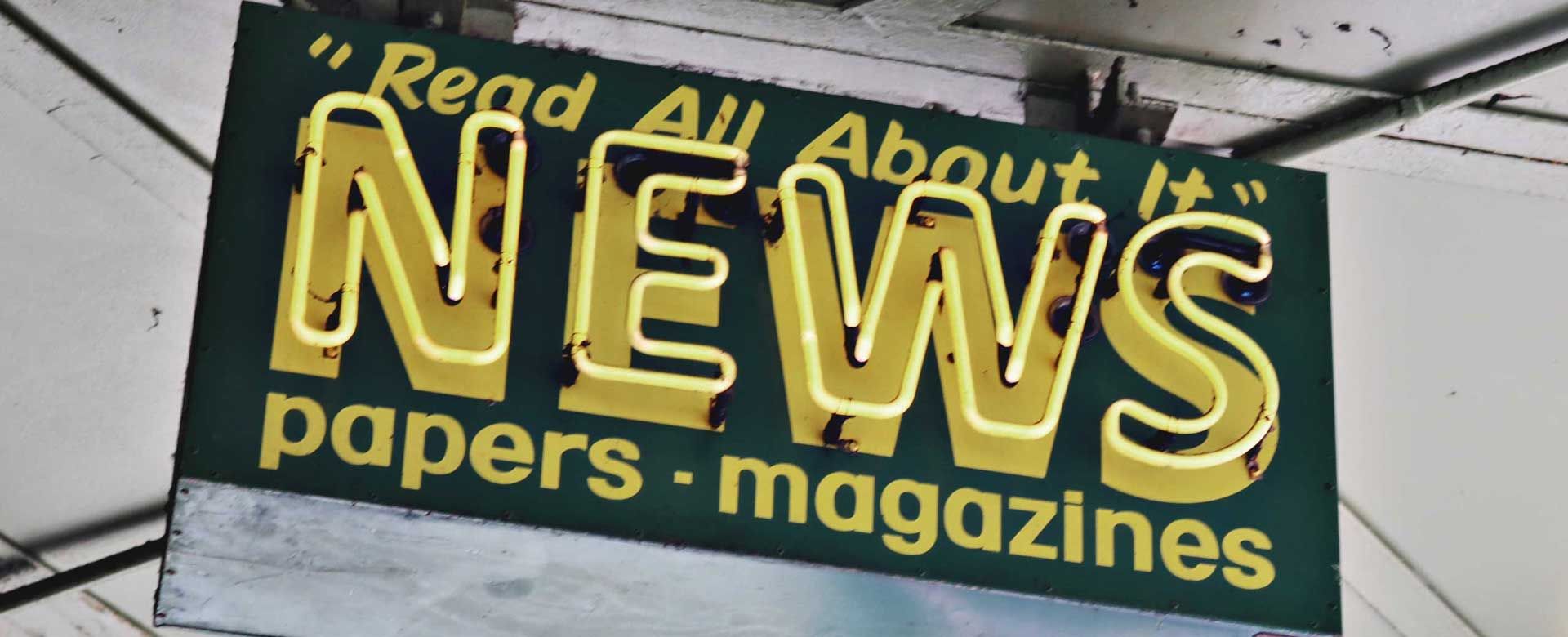Compare piston to screw compressors
Creating a compressed air system can be complicated. There are many factors to consider, including pipe width, amount and location of airdrops, placement of compressors, and specific brands that should be used for accessories like oil filters, hoses, and gauges.
When planning a system, one of the most fundamental decisions is choosing between a piston compressor and a screw compressor. Each has its advantages; to make the right choice you need to understand costs, performance, maintenance, and more.
Let’s briefly examine each type ….
Piston or reciprocating air compressors
Pistons or reciprocating compressors compress air by moving pistons that are driven by a crankshaft. Like a vehicle’s engine, the pistons sit inside a cylinder. Essentially, when a piston compressor descends in the cylinder, it draws air into the compressor through an inlet. When the cylinder ascends, the air that was drawn in is pushed into the tank and gradually compressed or pressurized.
Screw air compressors
Screw compressors use spiral screws inside a shaft that compresses air into a cylinder. They use two helical screws (a male and a female screw) that do not touch. Essentially, this style of compressor uses spiral screws to drive air into a container through a process known as “positive displacement.” With this system, air travels through the machine and enters the tank where it is compressed and stored.
The details of these machines are far more complicated, but this is a basic summary of the working principles for piston vs screw compressors.
Factors to consider when making a choice
Here are a few items to consider when deciding whether you want a piston or screw air compressor.
Initial and long-term costs
Piston compressors are more affordable initially. While the exact price difference will vary, and you can certainly find piston compressors that are more expensive than some screw compressors, in general, you’ll spend more when purchasing a screw compressor.
However, there can be higher long-term costs for piston compressors that typically aren’t needed for screw compressors. Screw compressors save on energy and maintenance costs. Piston compressors tend to use more power and require more attention over the longer term.
Service and repairs
Included in long-term costs are your service contracts. Screw compressors require a larger initial investment, but these compressors have fewer moving parts. While nothing is certain, and they can break down, screw compressors generally need less service and maintenance.
Repairs and maintenance cost money, but can also disrupt operations, impacting your company’s productivity and profitability. So, it’s not just your investment in maintenance, it’s the ability to keep production up and running.
Noise
Piston compressors are loud. Loud compressors can be costly.
Look at this video from Kaeser, one of the top compressor manufacturers in the world. They performed a test that compared the noise levels of piston and screw compressors. Using the same measuring device at the same distance, they found that a 5-hp piston compressor put out 83 dB-A of sound, while a 5-hp screw compressor was only at 68 dB-A.
Obviously, the louder a compressor, the more hearing protection is needed. As OSHA requires levels to be under 85 decibels to prevent hearing loss, a piston compressor is already dangerously close to the permitted noise-level limit. Violating OSHA guidelines may involve fines. That cost doesn’t include damage to your workforce and worker’s compensation claims.
Hearing protection can always dampen the sound, and should be used, but may not be enough to take the noise to safe levels depending on what’s running your facility or plant.
Space requirements
Screw compressors can be smaller for a variety of reasons. Piston compressors need larger storage tanks because of their duty cycle, taking up more room. Essentially, they have limits in duty cycles, which means they must store more air to meet the needs of high-demand operations.
Bottom line: large-scale operations benefit from screw compressors
There are other factors to consider (if you have more questions, contact our team), but these are the most important issues that will impact your decision. Overall, piston compressors are an affordable, reliable choice for small operations or businesses that have a limited need for air compression, but don’t require compressed air on a large scale.
However, companies with a continuous need for large-scale compressed air will prefer a screw compressor. With lower long-term energy and maintenance costs, and the ability to continually provide uninterrupted air, screw compressors are preferred by most manufacturers.
We carry a wide range of piston and screw compressors and can provide ideas and quotes. Talk to our team and get some suggestions about the type of compressed air system we recommend.

Announcing Kaeser’s re-designed BSD series rotary screw compressor

7 deadly sins of compressed air
